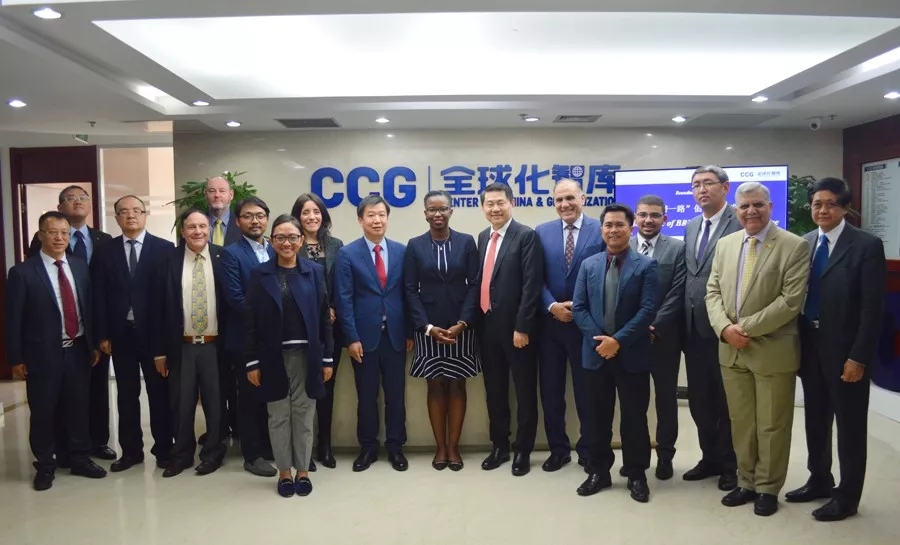CCG holds discussion with delegation from Belt and Road countries
November 07 , 2018A group of scholars from the Belt and Road Countries visited the Center for China and Globalization on Oct. 18 and held a discussion with Chinese fellows regarding the Belt and Road initiative and global governance from various perspectives based on the situation of their respective countries.
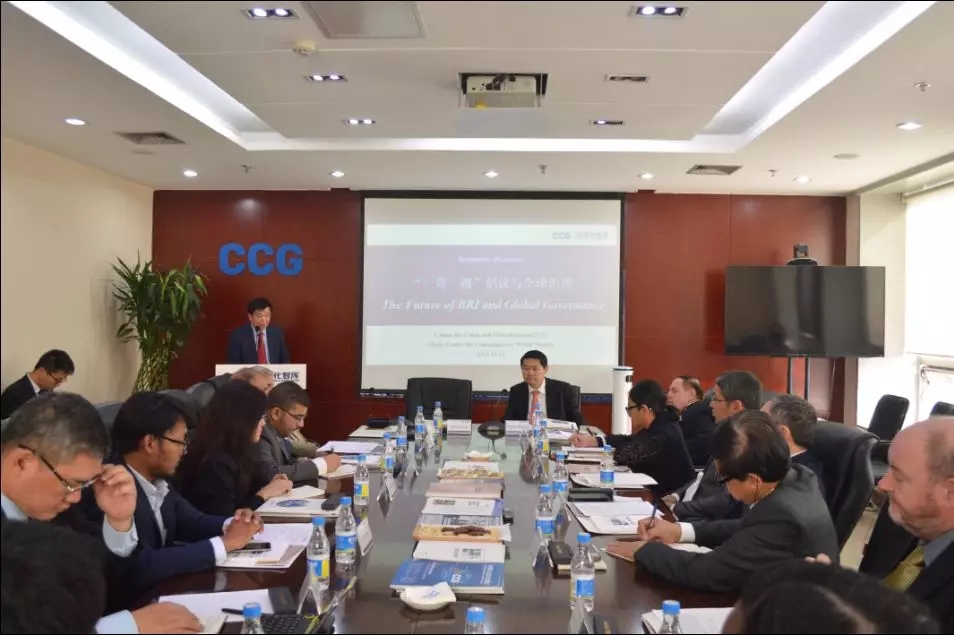
On behalf of CCG, President Dr. Wang Huiyao extended welcome to the distinguished guests from the countries including Pakistan, Russia, the Philippines, Zambia, Myanmar, Egypt and Indonesia. To enhance connection among the Belt and Road countries, he proposed to establish an international secretariat to promote the cooperation in tourism, business and education along the BRI route, and to set up a chamber of commerce to facilitate the communication of business community. In addition, he suggested that a BRI university can be built to strengthen student exchange.
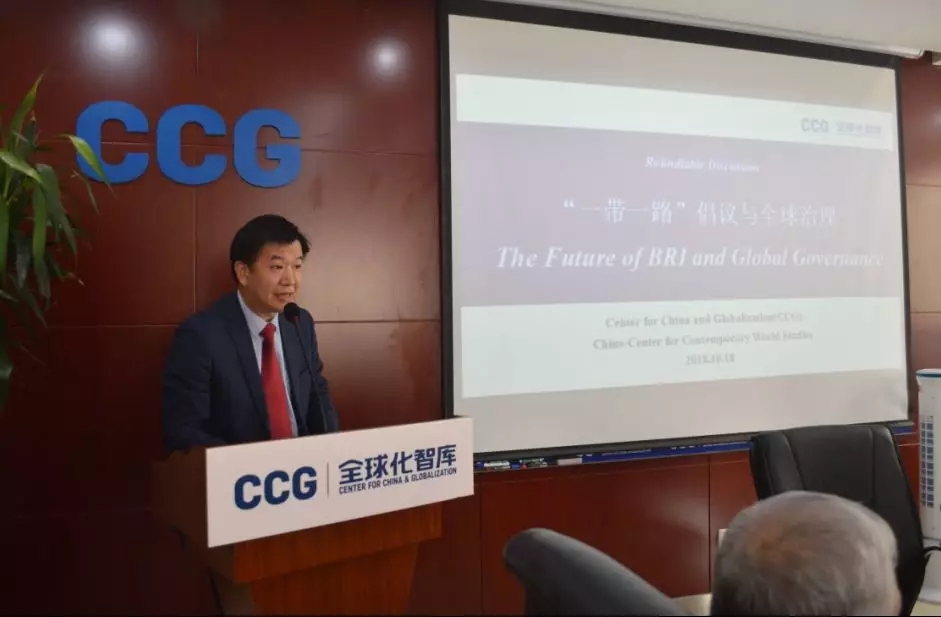
Deputy Director of the Center for Contemporary World Study Wang Liyong reviewed the BRI progress in the past five years, saying the initiative has by far gained endorsement by 103 state governments and international organizations that reached 118 agreements with China, because it is aimed to promote peace, development and cooperation and conducive to the effort to build balanced, inclusive and mutually beneficial global governance mechanism.

CCG senior fellow Harvey Dzodin highlighted the need for China to improve its soft power when working together with the Belt and Road countries to increase the understanding and coordination and to address concerns.
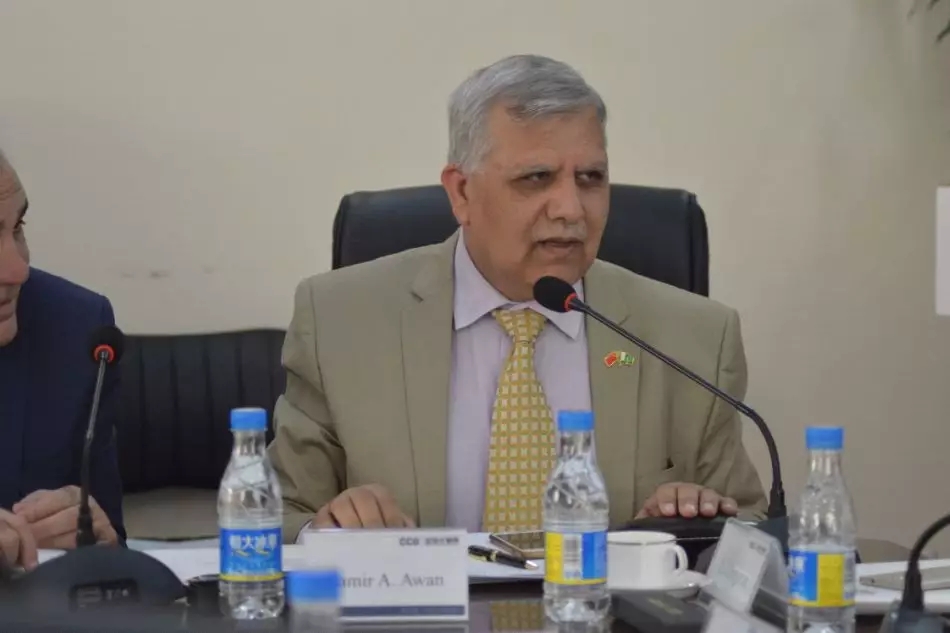
Zamir A. Awan, the deputy director of Pakistan National Science and Technology University, called for the support by international society since China cannot achieve the BRI goals alone.
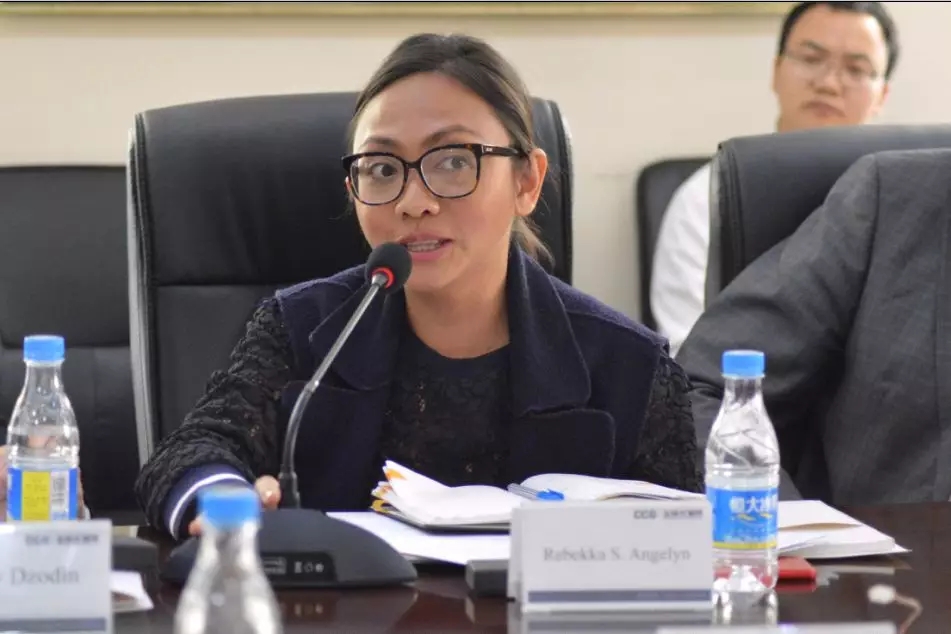
Rebekka Sondang Angelyn, the executive director of Indonesia’s organization Yayasan Koaksi, acknowledged that more intergovernmental and NGO communications are needed to clarify the goals of the BRI and reduce misperception.
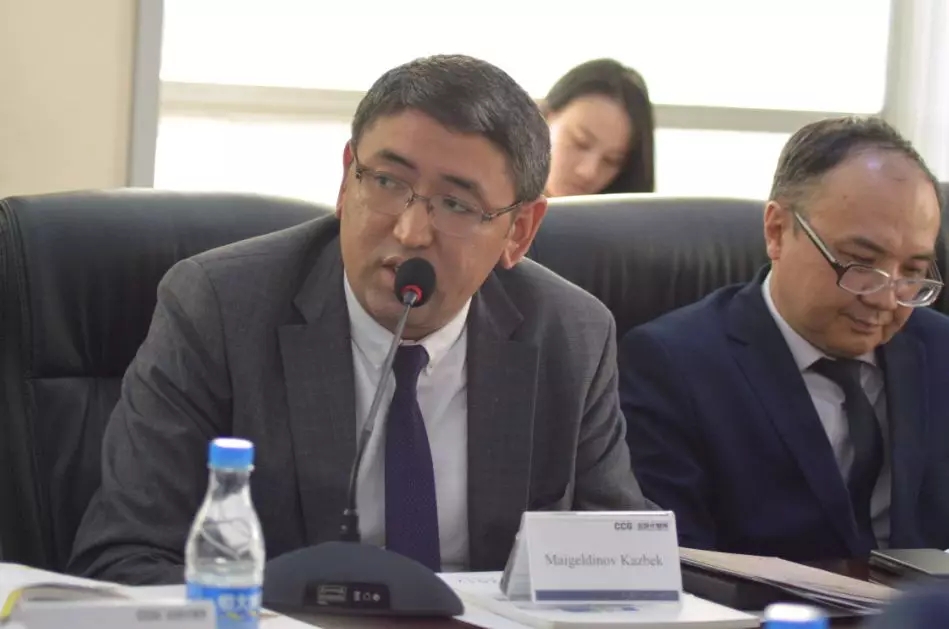
Maigeldinov Kazbek, the chief of the Bureau of Strategic Study and Forecast at the Kazakhstan Presidential Library, recognized BRI’s significant international influence and its benefit on globalization.
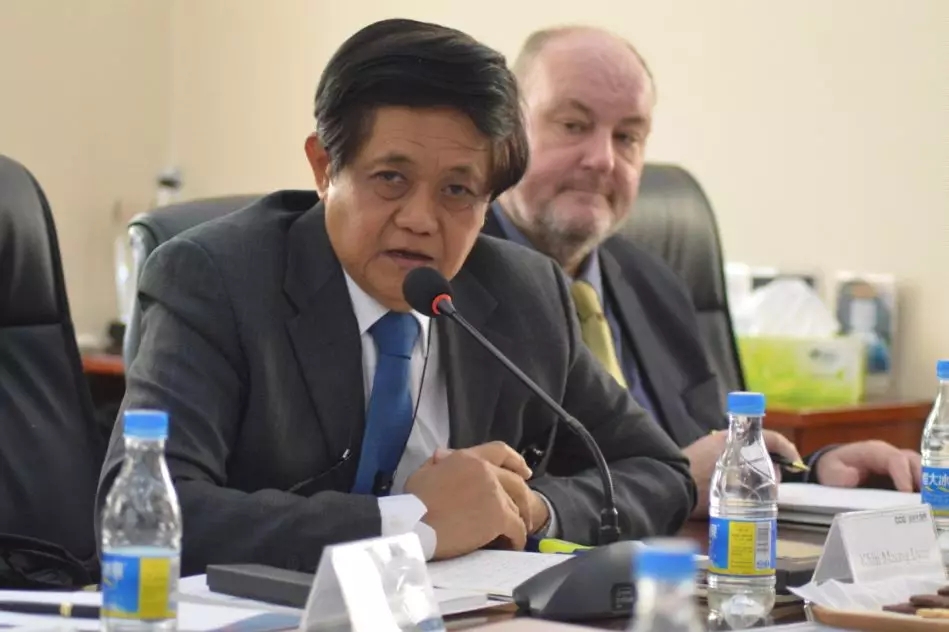 Khin Maung Lynn,the secretary general of Myanmar’s Center for International and Stategic Study, agreed that the BRI has deepened China-Myanmar relations and suggested to explore the potential for bilateral cooperation in national defence and security.
Khin Maung Lynn,the secretary general of Myanmar’s Center for International and Stategic Study, agreed that the BRI has deepened China-Myanmar relations and suggested to explore the potential for bilateral cooperation in national defence and security.
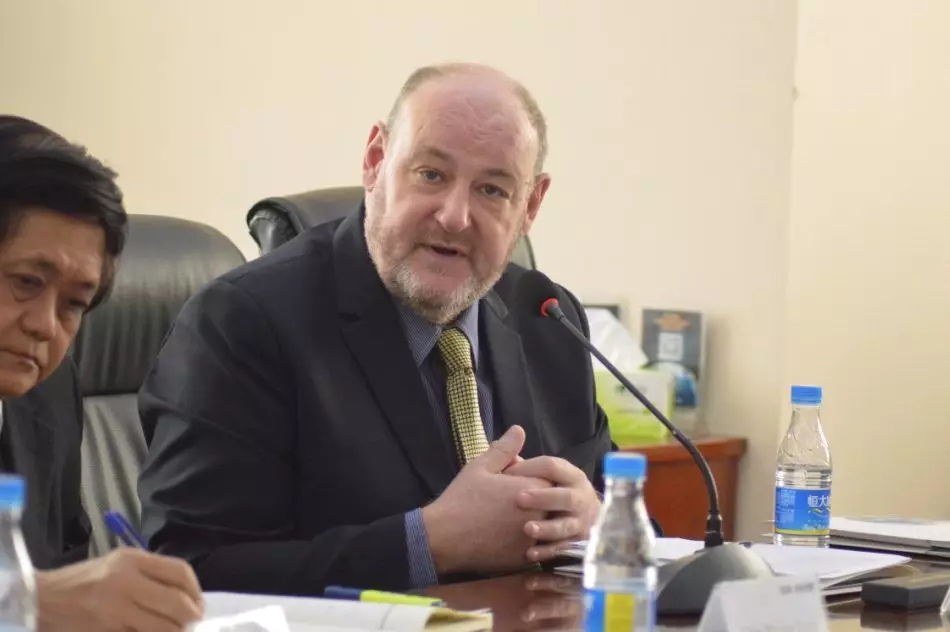
Vladimir Petrovskiy, an expert from Russian International Affairs Committee, called to speed up institutionalization of BRI implementation for common development of the countries along the route.
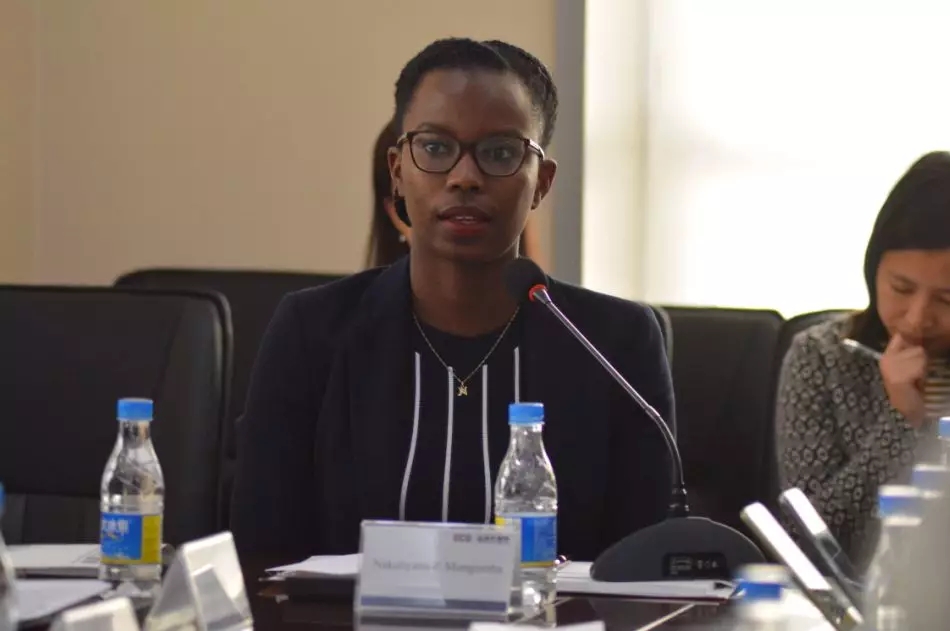 Nakubyana P. Mungomba, a research fellow from Zambia’s Policy Analysis Institute, suggested that China should tell the world more of its stories to remove the misunderstanding and concern about the BRI and improve the transparency through communications.
Nakubyana P. Mungomba, a research fellow from Zambia’s Policy Analysis Institute, suggested that China should tell the world more of its stories to remove the misunderstanding and concern about the BRI and improve the transparency through communications.
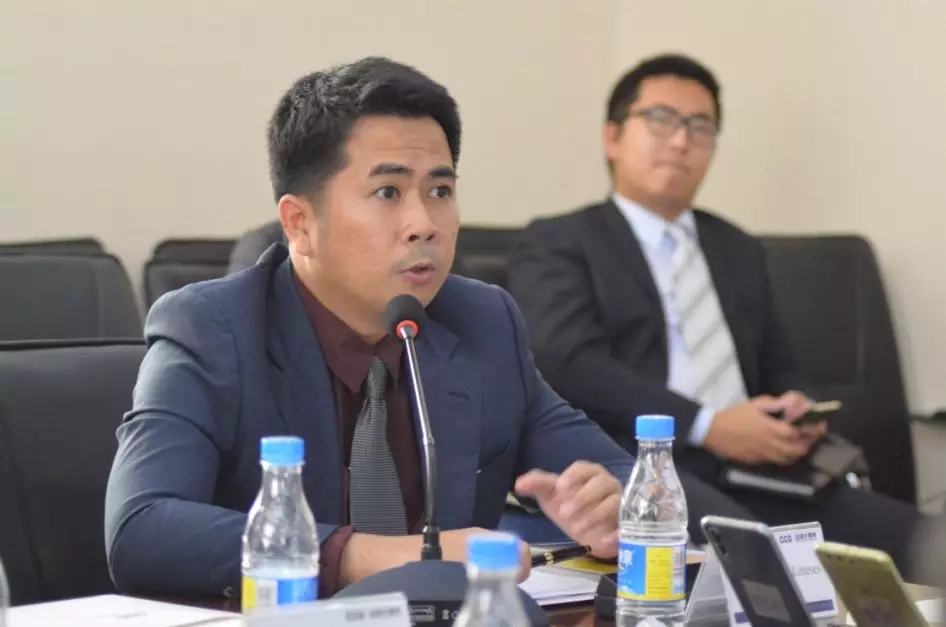
Emerson Kim Lineses, the representative of the Philippine Foreign Ministry, conveyed the hope that the two countries can further improve their communications and understanding to lay a better foundation for the future BRI cooperation.
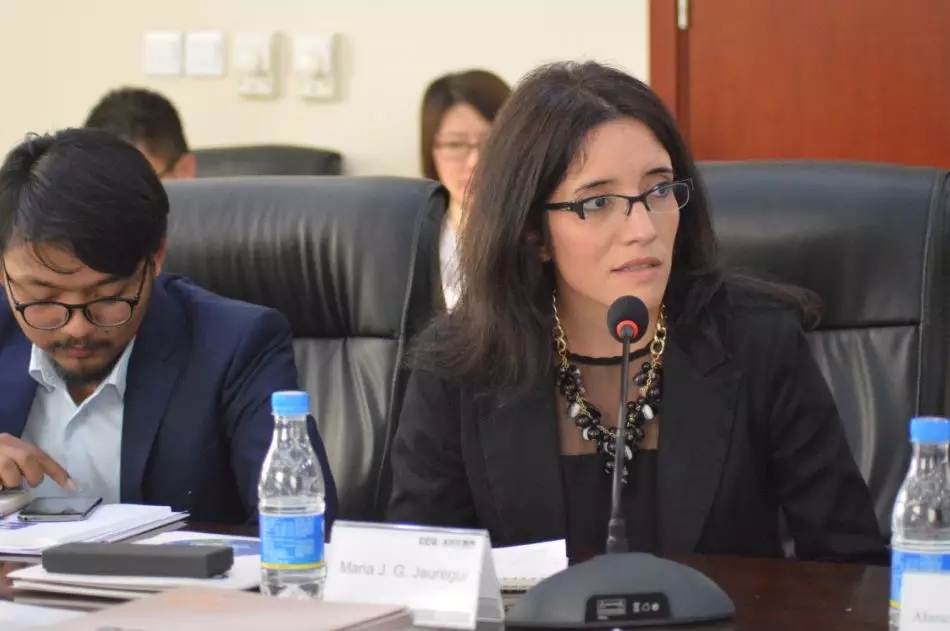
Maria J. G. Jauregui, associate fellow from the International Relations Department of Latin American Academy of Social Sciences, encouraged all the relevant parties of the BRI to not only focus on the cooperation among big companies but also SMEs in the countries along the route.
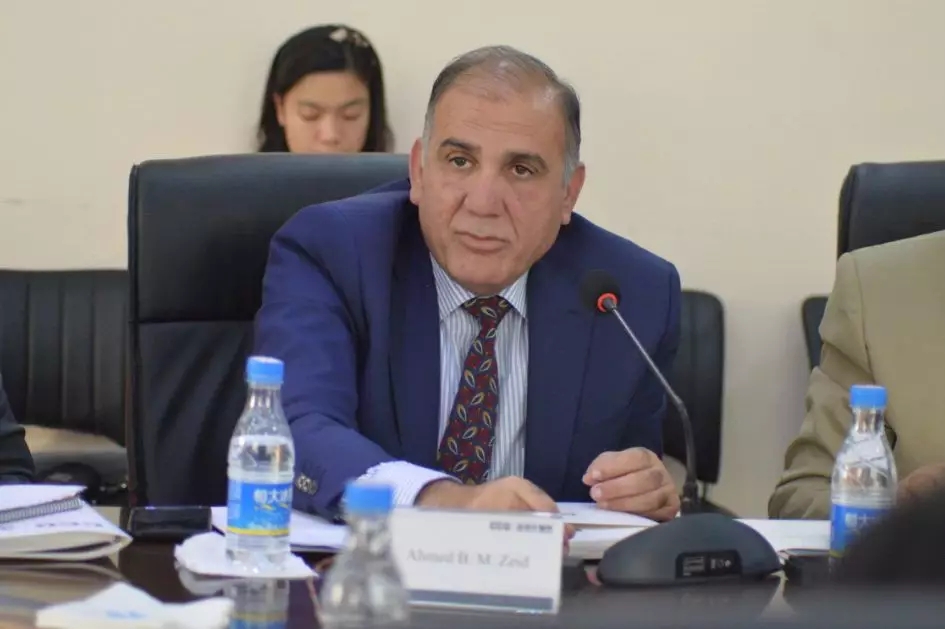
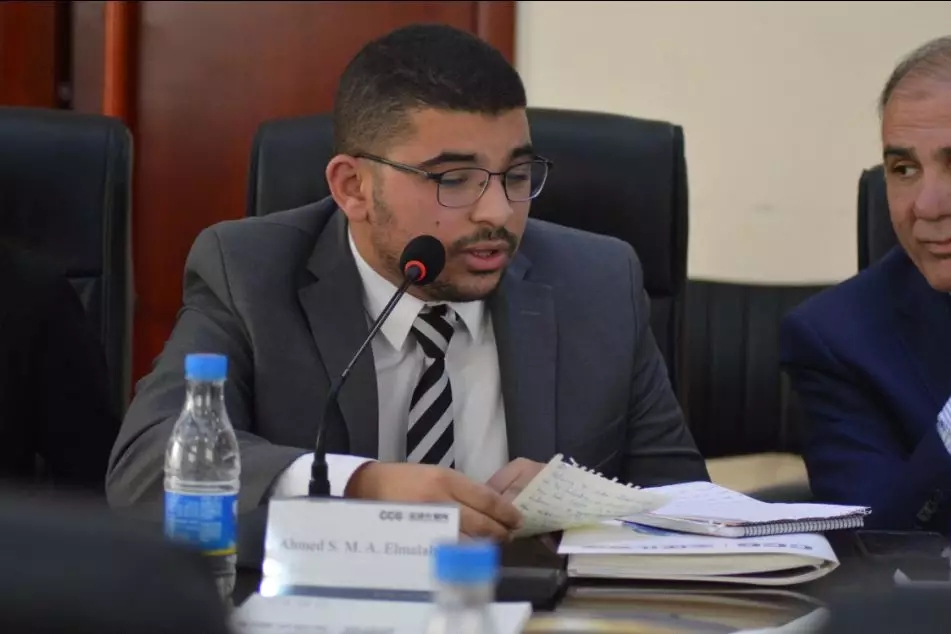
Ahmed B.M. Zeid and Ahmed S. M. A. Elmala, both representing the Alexander province in Egypt, recognized BRI’s role in allowing more small countries to participate in global governance, and suggested to establish an international research center for BRI.

Li Dingxin, the executive councillor of the Belt and Road International Think Tank Alliance that organized the visit, applauded CCG’s effort to push forward BRI cooperation. CCG is one of the members of the alliance and has established a “Belt and Road” Institute for the study of the initiative.
